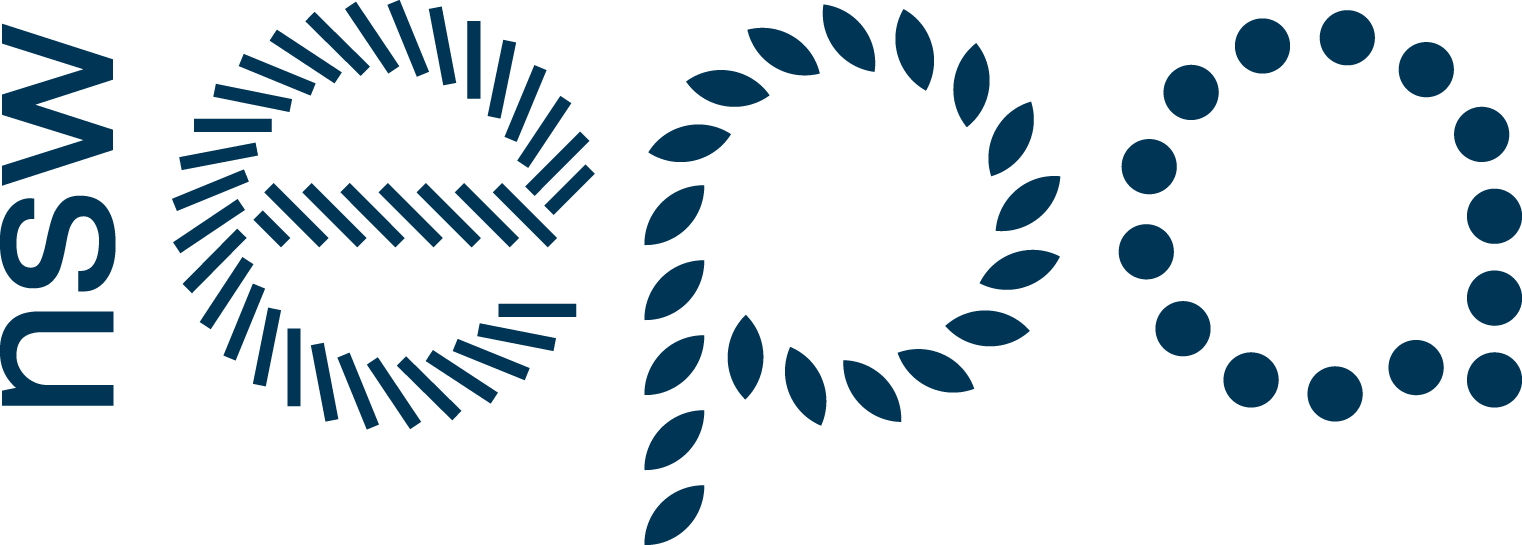New research reveals packaging labels key to recycling right
By Liam Taylor 16 June 2021
A new report on Australian consumer insights has reinforced the importance of the Australasian Recycling Label as a significant recycling education tool.
A new report into consumer insights recently revealed that 76% of Australians think that recycling is the most positive thing they can do for the environment. It also showed the first place people turn to for accurate information about how to recycle right is the labelling on their product packaging (51%).
The Australasian Recycling Label Consumer Insights Report 2021 was developed by the Australian Packaging Covenant Organisation (APCO) and Planet Ark to better understand attitudes and behaviours towards recycling. The report revealed the majority of Australians want more information about what can and can’t be recycled, and more than half check the labelling on their packaging multiple times before recycling to make sure that they are recycling correctly.
Planet Ark Deputy CEO Rebecca Gilling said the findings highlight just how much importance Australians place on putting the right packaging in the right bin and why programs like the Australasian Recycling Label (ARL) are so important.
“We’re really encouraged to see how passionate Australians are about recycling and developing positive recycling behaviours. Product packaging is the first place that Australians look for recycling information and this tells us that if products display accurate and easy to follow recycling instructions, consumers will be able to recycle with greater confidence,” Gilling said.
“Initiatives like the ARL provide accurate on-pack instructions about how to recycle each part of a product’s packaging, taking the confusion out of recycling and giving Australians the confidence to know that they are recycling right. So keep checking it before you chuck it!"
The need for effective recycling labelling on packaging is clear and was an important driver in the development of the ARL program. As a result, the ARL is the only evidence-based, on-pack label that shows Australians how to correctly recycle and dispose of all parts of their packaging after use.
Since its launch in 2018, the ARL Program has gained widespread support from both government and industry. Most recently the Federal Budget allocated $5 million in additional funding to support small to medium enterprises to adopt the label.
The report shows that awareness of the ARL has grown significantly (up by 16% year on year), with awareness highest among younger Australians - 82% among 16-24 year olds, 79% among 25 – 34 year olds and 78% among 35 – 44 year olds. One in five Australians also indicated that they would recycle a lot more if the ARL was on their product packaging and three quarters want to see the label on every item of packaging.
Brooke Donnelly, APCO CEO, highlighted the importance of consumer behaviour in making the ARL program a success.
“From casting their vote at the cash register to the individual choices we make at the bin, consumers can play a powerful role in improving Australia’s approach to waste and recycling. Everyone, including industry, government and consumers, is vital to creating cleaner waste streams in Australia, while understanding attitudes and beliefs is crucial to getting everyone to recycle more and to recycle better," Donnelly said.
“The ARL Program continues to go from strength to strength, passing the 500th Member milestone, being widely recognised in the Australian Government’s National Plastics Plan and highlighted by the UN Environment Programme as a best practice example of consumer labelling. For Australian businesses the message is clear: there has never been a better time to be involved”.
Prior to joining Planet Ark Liam spent his time studying global environmental issues, travelling Southeast Asia on the cheap and working for a sustainable property management company in Bali, Indonesia. Joining the communications team at Planet Ark, he hopes to inspire positive environmental behaviour through effective and positive messaging.

